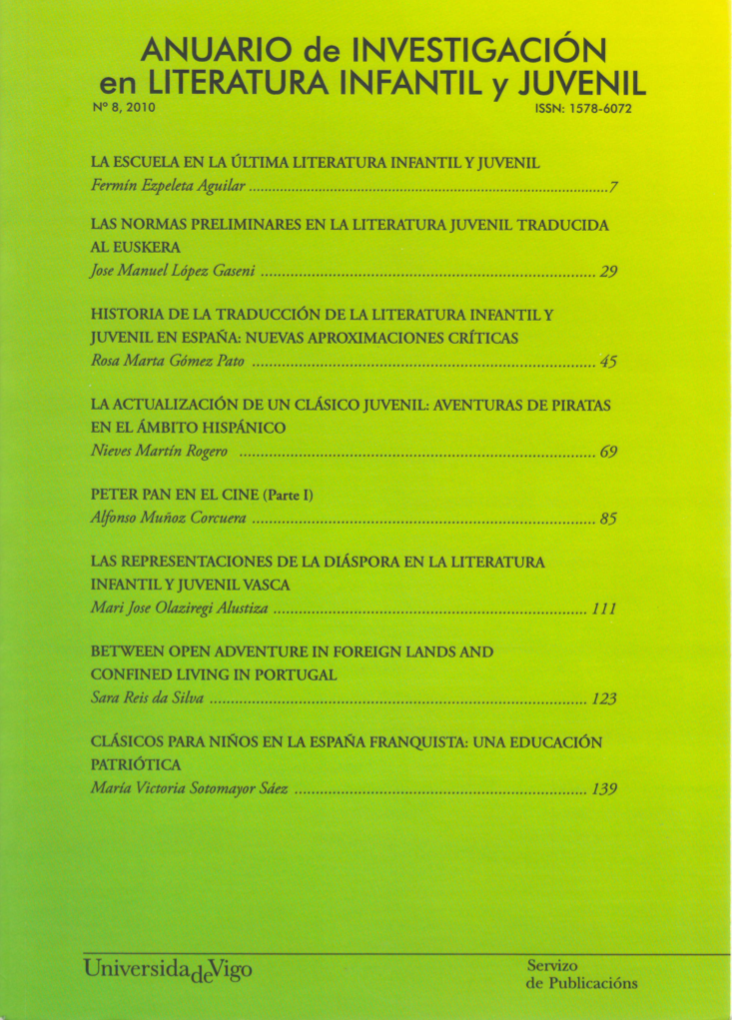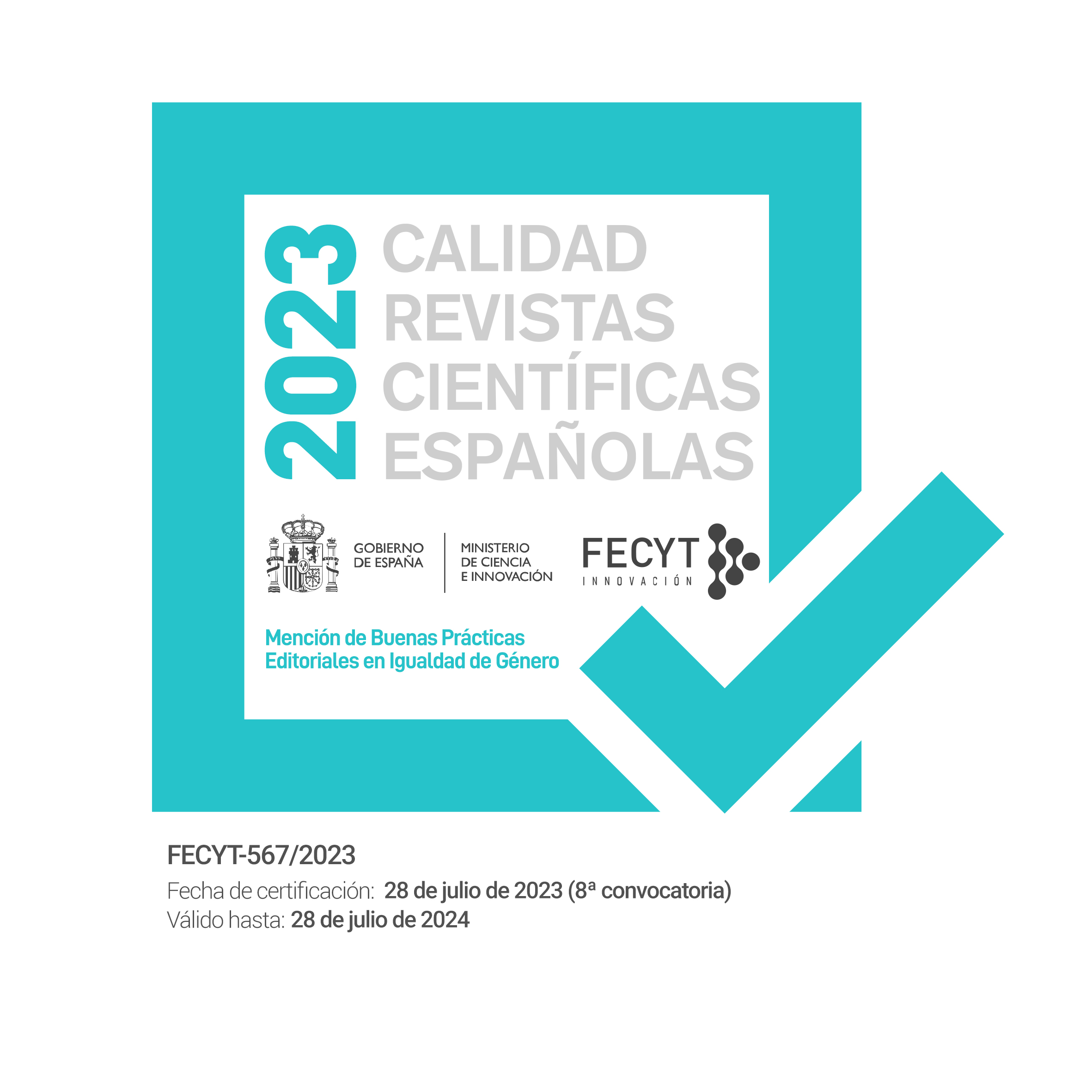Between open adventure in foreign lands and confined living in Portugal
Keywords:
Portuguese iterature for children and young people, Virginia de Castro e AlmeidaAbstract
One of the main tendencies of Portuguese Children's Literature seems to be the fictionalization of a persistent oscillation between the propensity for travelling and for knowing other cultures and a kind of confinement to the native space. In the first four decades of the 20th century, which coincided with a period of decisive political changes in Portugal, some relevant authors wrote stories about travel and adventure. Others were more interested in patriotic or nationalistic themes, as a response to the ideals of Salazar's dictatorial government. On this specific subject, the case of Virgínia de Castro e Almeida (1874-1945), a prolific Portuguese writer, is paradigmatical. In fact, besides the publication of Céu Aberto (1907), Em Pleno Azul (1907), História de Dona Redonda e da sua Gente (1942) and Aventuras de Dona Redonda (1943), four important and innovative novels dedicated to juvenile readers, which direct or indirectly reflect her sympathy for other cultures and/or foreign lands, she was also the author of some titles published in the historical series “Grandes Portugueses”, namely Dom Fuas Roupinho, Fernáo Lopes, Dom Gualdim e Gil Vicente, and «Pátria», for example História da Rainha Santa e do Rei Lavrador and História de uma grande batalha de Aljubarrota e da Padeira que matou sete espanhóis.
This paper will reflect upon the mentioned theme(s) by cross-reading these texts of Virgínia de Castro e Almeida, and some selected others published by different authors in the same period.
Downloads
Downloads
Published
Issue
Section
License
Anuario de Investigación en Literatura Infantil y Juvenil has been published in open access from 2019 (vol. 17). The journal allows the authors to retain publishing rights. Authors may reprint their articles in other media without having to request authorization, provided they indicate that the article was originally published in Anuario de Investigación en Literatura Infantil y Juvenil. The journal holds the copyright of printed issues (volumes 0-16).





